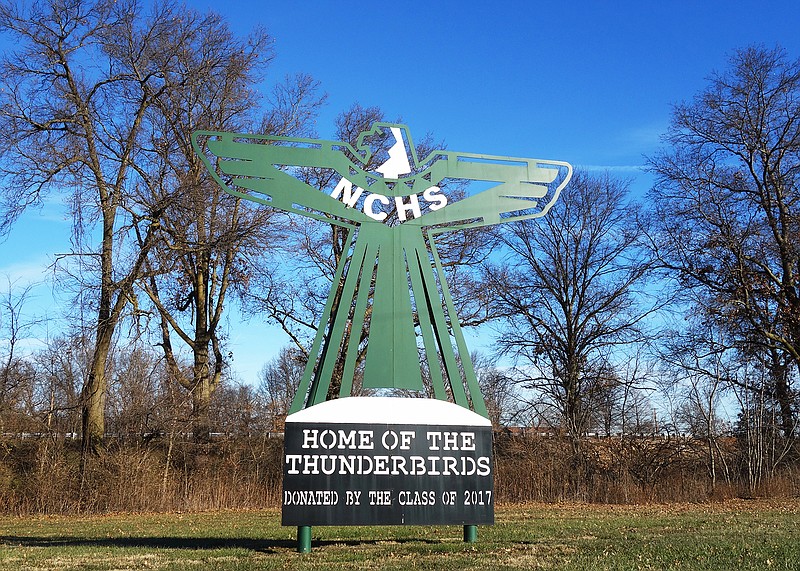An initiative to feed people in need over the summer served 53 families with 106 children in the North Callaway R-1 school district.
New data from the Baylor University Collaborative on Hunger and Poverty and the U.S. Department of Agriculture, which worked together on the Emergency Meals-to-You, showed EMTY served more than 38.7 million meals between April and August.
"For North Callaway R-1 School District, participation in this program was a vital part of our overall efforts to address the serious needs of our district's families during this pandemic," wrote Superintendent Nicky Kemp in a press release. "Our partnership with BCHP on this effort allowed us to reach students and families in ways we never imagined."
The EMTY initiative was an expansion of a regional pilot program that had previously served Texas households in 2019. As part of the federal government's pandemic response, the USDA asked BCHP to exponentially scale its meal delivery work to meet the needs of children in rural areas nationwide.
Accepting the challenge, the BCHP called in key public and private partners to assist, ultimately growing the program from its origins of more than 475,000 meals to 4,000 students in Texas only to serving a total of 38.78 million meals to 270,483 children in 43 of 50 states, plus Washington, D.C. and Puerto Rico.
"In this unprecedented time of so much need, children in rural areas can be among the most vulnerable," said Jeremy Everett, BCHP executive director. "Without access to school lunch programs, public transportation and other resources, households in some of the country's hardest hit communities were left scrambling for ways to replace much needed meal resources. BCHP's collaboration with the USDA and its partners filled that need for more than 127,700 households nationwide as our meal delivery brought resources right to their front door."
Everett said building strategic public and private partnerships to tackle hunger is key, and BCHP's previously established partnerships with organizations like McLane Hunger Solutions, PepsiCo's Food for Good and Chartwells made this rapid response not only possible, but successful.
North Callaway was one of only 10 districts in Missouri to participate, and the only district in Callaway County.
Students were eligible for meals through EMTY if they were already eligible for free or reduced-price meals at a participating school. If one child in the household was eligible, all children ages 1-18 living in the household could participate.
Families who signed up received a box every two weeks containing shelf-stable components for 10 breakfasts and 10 lunches - one box for each eligible child in the household. Example items listed on the Meals to You website include chicken salad, tortilla chips, sunflower kernels, cheese, applesauce, salsa and juices.
North Callaway students and other children under 18 in the district who didn't qualify for EMTY were still able to eat free meals through the Summer Food Service Program, an annual USDA summer program that this year was extended through at least Dec. 31. North Callaway participates in that program each year. It's open to free districts which have a certain minimum percentage of students who qualify for free and reduced lunches.
"While this program provided an immediate lift for summer meal delivery, the work of addressing hunger and poverty in this pandemic crisis is far from over," Everett said. "The Baylor University Collaborative on Hunger and Poverty has been passionately working to create partnerships and deliver solutions for more than a decade, and COVID-19 makes that work more crucial than ever.
"We are deeply appreciative of the partnerships that brought together the unprecedented work of this summer, and are looking ahead at more good work that needs to be done with the support of organizations and individuals united to find ways to end the epidemic of hunger," he added.

